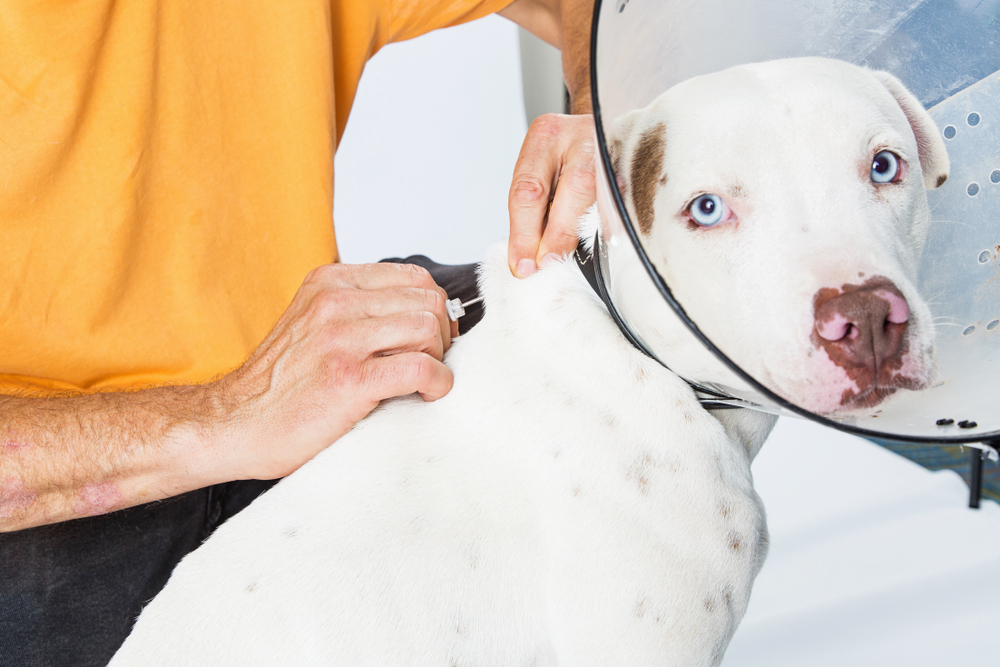Microchipping Your Pet: Why is it so Important?

Microchipping has become an essential practice for pet owners around the world. This small, electronic chip, typically the size of a grain of rice, is implanted under the skin of your pet, usually between the shoulder blades. Each chip contains a unique identification number that can be detected by a microchip scanner. This number is linked to your contact information in a registry, allowing veterinarians, animal shelters, and authorities to identify and reunite lost pets with their owners swiftly.
How Microchips Work
The microchip itself does not have a power source or moving parts. It is activated by a radio frequency scanner that sends a signal to the chip, powering it momentarily and transmitting the identification number stored in the chip’s memory. This number is then displayed on the scanner’s screen, enabling the person scanning the pet to retrieve the contact details of the owner from the registry database.
Benefits of Microchipping
Permanent Identification
Unlike collars and tags that can fall off or be removed, a microchip provides a permanent form of identification for your pet. This ensures that even if your pet loses its collar or tag, it can still be identified and returned to you.
Safety and Security
Microchipping significantly increases the chances of being reunited with a lost pet. According to statistics, microchipped pets are more than twice as likely to be returned to their owners compared to those without microchips. This is because shelters and veterinary clinics routinely scan lost pets for microchips as part of their intake procedures.
Legal Requirements and Regulations
In many places, microchipping dogs is a legal requirement. It helps ensure responsible pet ownership and aids in reducing the number of stray animals in communities. Failure to comply with these regulations can result in fines or other penalties for pet owners.
Do You Have to Microchip Your Pet?
In some regions, microchipping your pet is mandatory by law. Even in places where it’s not legally required, it is strongly recommended by veterinarians and animal welfare organizations. The benefits of microchipping far outweigh any potential concerns, making it a worthwhile investment in your pet’s safety and well-being.
Addressing Common Concerns
Safety and Comfort
One of the primary concerns pet owners may have about microchipping is whether it is safe and comfortable for their pets. The procedure is relatively quick and causes minimal discomfort, similar to a routine vaccination. The chip itself is biocompatible, meaning it is designed to integrate with the pet’s body without causing any adverse reactions.
Privacy and Data Security
Another concern is the privacy and security of personal information stored in the microchip registry. It’s important to choose a reputable registry service that adheres to strict privacy policies and data protection regulations. The information stored is typically limited to contact details necessary for reuniting pets with their owners and is accessible only to authorized personnel.
The Procedure
Microchipping is performed by a trained veterinarian or licensed technician. The process involves inserting the microchip under the pet’s skin using a hypodermic needle. It’s a quick procedure that can be done during a regular veterinary visit, and the discomfort experienced by pets is minimal and short-lived.
Microchipping: A Responsible Choice
Choosing to microchip your pet is a responsible decision that can greatly increase the likelihood of a lost pet finding its way back home. It provides peace of mind knowing that even if your pet gets lost or separated from you, there’s a reliable way for others to identify and contact you.
Conclusion
Microchipping your pet is more than just a precautionary measure; it’s a proactive step towards ensuring the safety and security of your furry companion. By providing a permanent form of identification, microchips significantly enhance the chances of reuniting lost pets with their owners. Whether mandated by law or not, microchipping is widely recommended by veterinarians and animal welfare experts as an essential part of responsible pet ownership.
Need a Small Animal Hospital in Pauls Valley, OK?
At Williamsburg Small Animal Hospital, we are dedicated to ensuring the well-being of your pets, especially during the scorching summer months. If you have any concerns about keeping your furry friends safe and healthy in the heat, don’t hesitate to reach out to us. Our team of experienced veterinarians is here to provide you with personalized advice and top-notch care. Contact us today to schedule an appointment or to learn more about our services. Let’s work together to keep your pets safe and happy all summer long!
